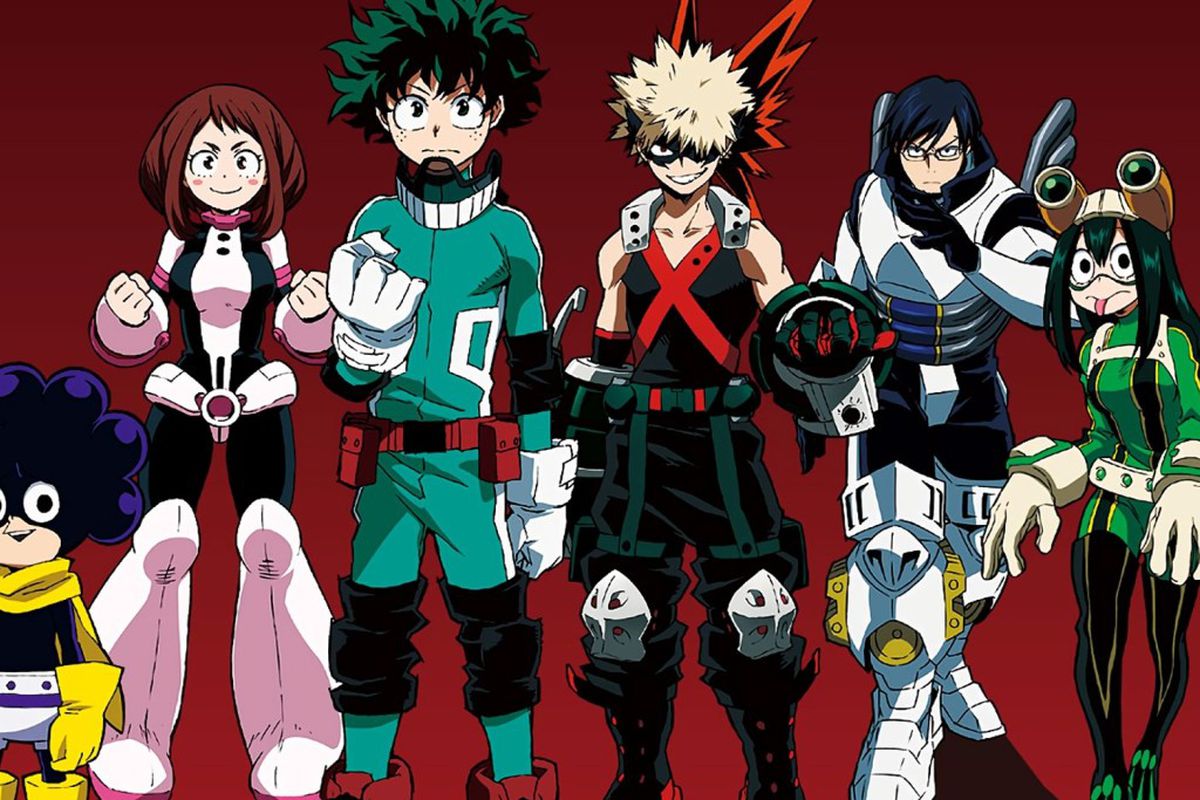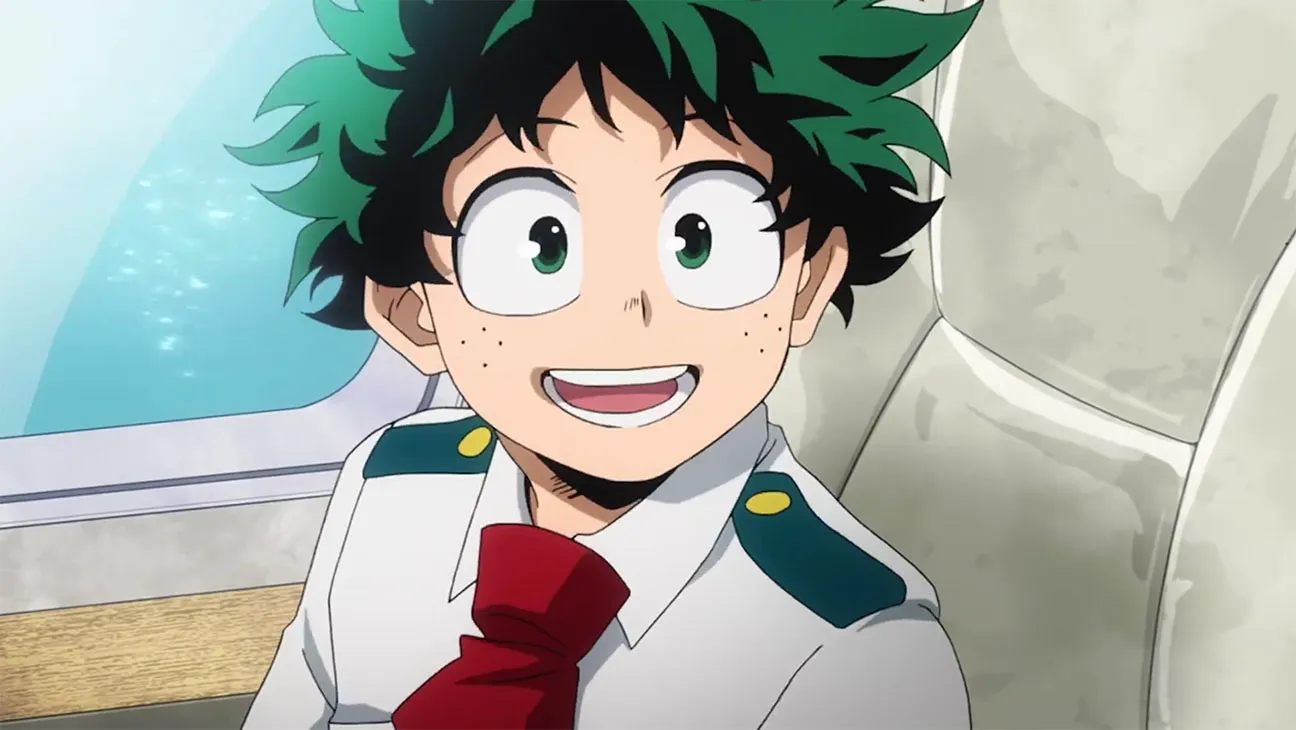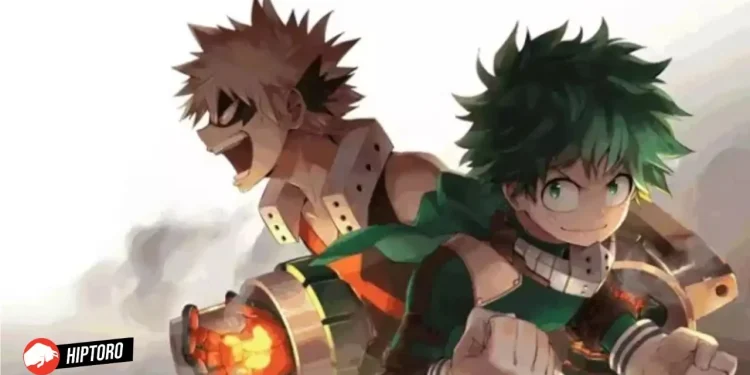As “My Hero Academia” approaches its climax, fans are buzzing with speculation and theories, especially following the latest developments in Chapter #361. The manga, known for its intricate storytelling and complex characters, teases a finale that could potentially be its most controversial yet. The focal point? The redemption of the series’ most formidable villain, Tomura Shigaraki.
Traditionally, in superhero narratives, the final defeat of the villain often signifies a clear victory for the hero. However, “My Hero Academia” seems poised to challenge this convention. Shigaraki, once perceived as a symbol of pure malevolence, is now painted in a more sympathetic light.
This shift was particularly evident in the recent chapter, where Shigaraki’s reaction to a comment about his lack of friends unveils a vulnerable side to his character. It’s not just the story of a villain; it’s the story of Tenko Shimura, a lonely boy yearning for acceptance and understanding.

A Twist That Redefines the Final Battle
The series creator Kohei Horikoshi has consistently subverted expectations, and the current storyline is no different. The recent chapters have recontextualized Shigaraki’s character, revealing the remnants of Tenko Shimura, the child beneath the villain’s exterior. This narrative development suggests that protagonist Izuku Midoriya (Deku) may indeed be set on a path to save Shigaraki, despite the overwhelming odds and the potential cost to his life.
The question arises: Can a character like Shigaraki, who has been the epitome of destruction, still be redeemed? “My Hero Academia” seems to be exploring this complex dilemma. Shigaraki’s derisive remarks and actions are not just against the world but also seem to be a reflection of his self-view, suggesting he believes himself to be beyond redemption.
Gifting 5 People MY HERO ACADEMIA from the Fortnite Item shop, You have 2 hours to enter!
Like, retweet, follow and your in!🎁 pic.twitter.com/wjabfYDc4Z
— Myth01 (@Muth17655Myth01) January 20, 2024
The Larger Implications of Shigaraki’s Fate
Killing Shigaraki might seem like a straightforward solution, but such an ending would likely feel unfulfilling. Shigaraki’s actions, though destructive, stem from a desire to create a world where he and his allies can exist without persecution. His character represents the failures of hero society, including the prejudice against certain quirks and the lack of rehabilitation for those labeled as villains.
A redemption arc for Shigaraki, therefore, wouldn’t just be about saving a single character; it would be a statement about the possibility of change and understanding in a society quick to judge and condemn. If Deku succeeds in redeeming Shigaraki, it would send a powerful message about hope and the potential for transformation, even in the darkest of individuals.

My Hero Academia: More Than Just a Superhero Manga
As we wait to see how this gripping tale concludes, it’s clear that “My Hero Academia” is more than just a story about heroes and villains. It’s a narrative that delves deep into the complexities of human nature, society, and redemption. Whether Shigaraki finds salvation in the end or not, the journey towards the finale is undoubtedly reshaping the landscape of superhero storytelling.
“My Hero Academia” continues to be available for readers on MANGA Plus and Viz Media, offering a blend of action, emotion, and thought-provoking themes that have captivated a global audience. As the series nears its end, expected to release on May 04, 2024, it remains a testament to the evolving nature of the manga and superhero genres, promising an ending that will be talked about for years to come.










